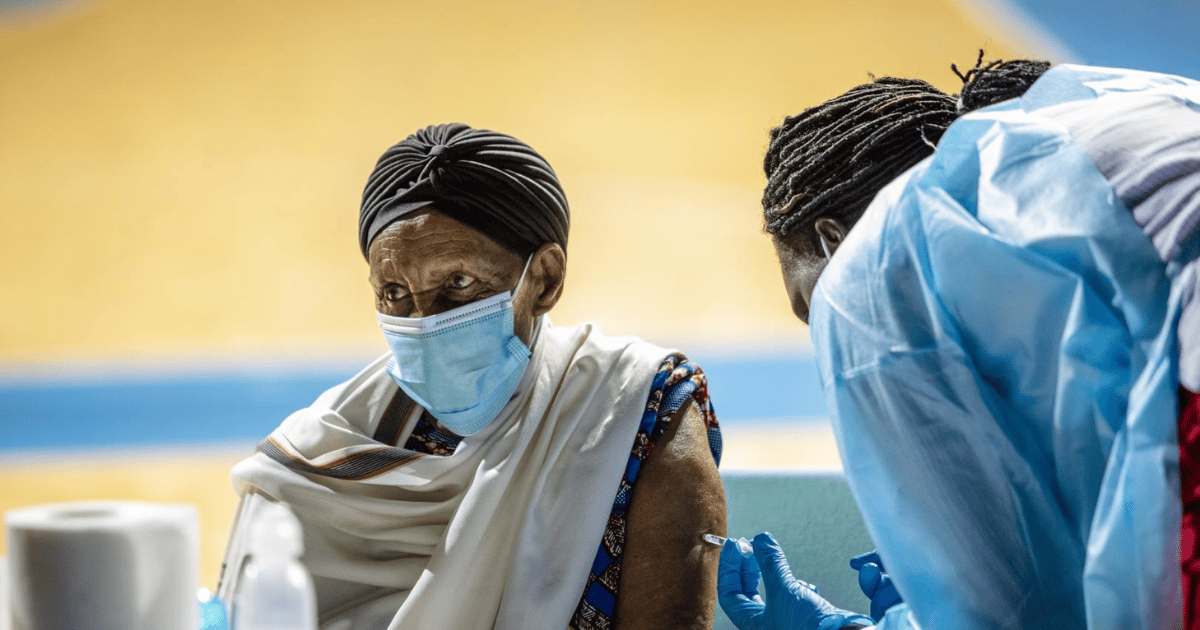
From the newsletter
A pilot mobile clinical trials unit is being built at Abubakar Tafawa Balewa University Teaching Hospital in Bauchi, northern Nigeria. It aims to bring vaccine research directly to underserved communities. The mobile clinic will have a laboratory, pharmacy, vaccine cold storage, satellite internet for data transfer and air filtration and biosafety systems.
The rollout of rural research and clinical trial centres across Africa could mark a turning point for the continent’s vaccine manufacturing ambitions as climate change disrupts disease patterns.
Benefits include strengthened regulatory systems, improved public trust in local vaccines, decentralised infrastructure for faster trials, approvals and outbreak responses.
More details
The solar-powered unit is developed under the Advancing Research Capacity in West Africa (ARC-WA) initiative. This collaboration is led by the Medical Research Council Unit The Gambia (MRCG) and the International Vaccine Institute, with funding from the Coalition for Epidemic Preparedness Innovations (CEPI).
Designed as a mobile extension of a clinical research site, the unit is constructed from a modified 20-foot shipping container mounted on a flatbed truck. It carries ready-to-use tents for consultations and public engagement. The initiative was launched as part of CEPI’s 100-day mission to rapidly respond to emerging health threats. The unit will support routine services, vaccination campaigns and emergency outbreak responses, with plans for deployment in various locations across West Africa.
Rural clinical research facilities bring trials closer to the populations most affected, generating vital, context-specific data on pathogen behaviour and community responses. This information directly informs the development of vaccines that are better suited to local needs, a factor that is often overlooked in global trials. For climate-driven diseases like malaria, rural trials reveal these nuances early, enabling the creation of more relevant and resilient vaccine pipelines.
According to the 2024 Access to Medicine Index, only 43% of clinical trials occur in developing countries, despite these nations being home to 80% of the global population. This discrepancy arises from companies typically prioritising access planning in countries where trials are conducted, leaving much of the world underserved.
In addition to data generation, local trials also build essential regulatory and scientific capacity. As African scientists and regulators conduct these studies, they gain invaluable experience with global standards in ethics, evaluation, and good clinical practice, which is foundational for supporting homegrown vaccine production. When linked with local manufacturing hubs, these units also accelerate the development, approval and deployment of new vaccines.
Local involvement significantly enhances public trust, which is crucial for any vaccine rollout. By engaging rural communities in research from the outset, trial centres help normalise science and foster confidence in locally produced vaccines. This trust translates into higher uptake, which, in turn, strengthens the economic case for domestic manufacturing.
Our take
The trust gap remains one of the biggest barriers to vaccine uptake in Africa. Rural trial centres bring visibility and credibility to local vaccines where it matters most. If trust is built early, and infrastructure is in place, the continent can grow in local vaccine production.
By involving communities from the start, these centres increase acceptance and strengthen the economic case for domestic manufacturing by ensuring demand matches supply.
Regional bodies should also integrate mobile trials into broader surveillance and manufacturing frameworks, ensuring they feed directly into local vaccine production pipelines.